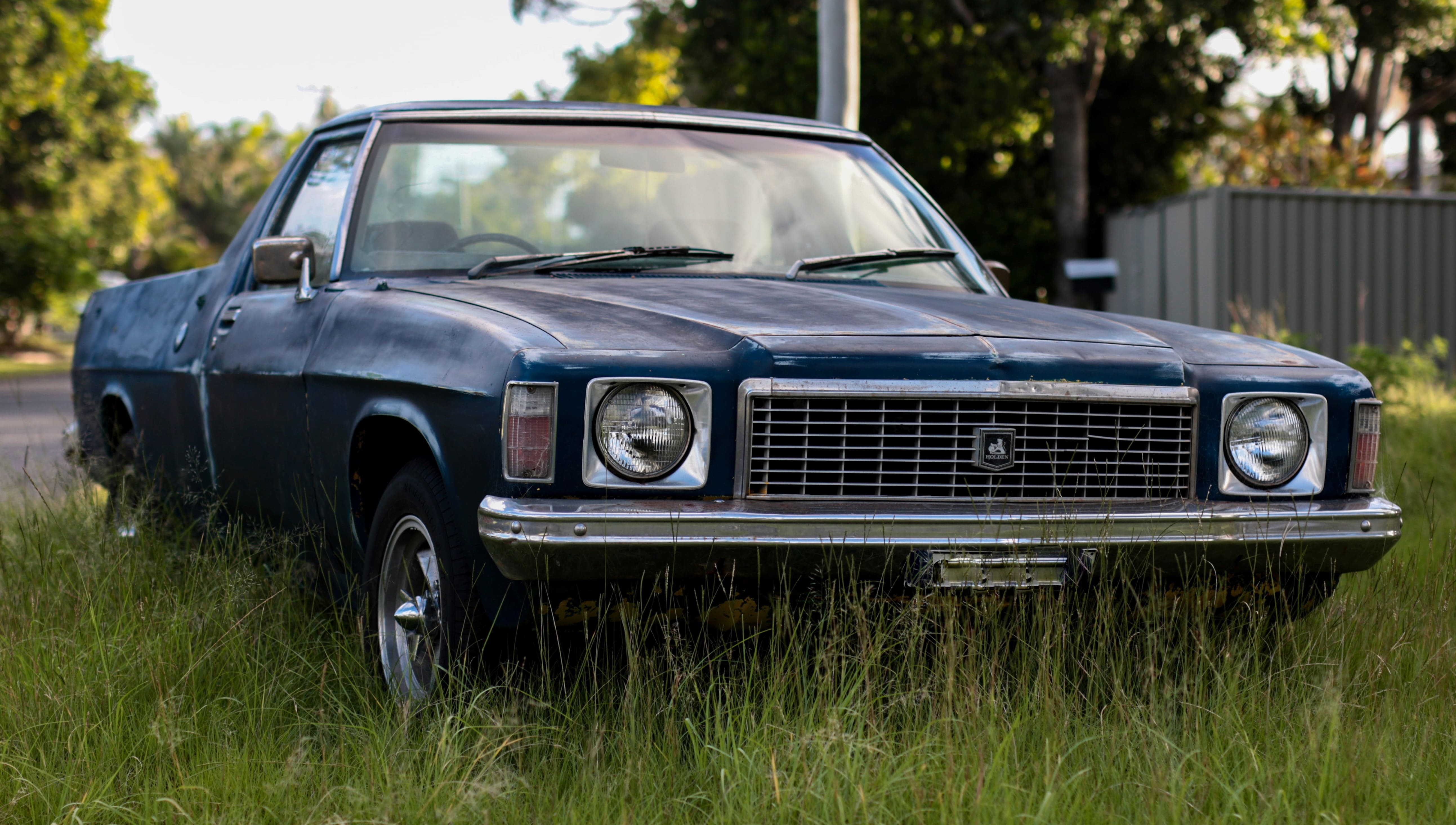
“How I feel or you feel is extremely crucial as it sets the motivation and conviction for the change that we want in our lives.” Read more Connecting to Feelings

“How I feel or you feel is extremely crucial as it sets the motivation and conviction for the change that we want in our lives.” Read more Connecting to Feelings

As a business owner, leader or individual we understand attending one-day workshop is not ideal or possible in the current climate.
So, we have taken our 1 day intensive workshop and turned it into a online program over a short 4 weeks for 2.5hrs per week starting on the 28th of January 2021.
This program is intentionally designed to build your coaching capabilities to bring out the best in you and those you work with. Not only does it provide uplift for you and your team it is also accredited by the European Mentoring and Coaching Council (EMCC) and provides the first stage toward becoming a certified coach with this world-leading organisation.
The program has plenty of interaction and embedding of your knowledge. You will apply your learning during the online sessions and leave equipped to effect change.
Keen to know more? The flyer here provides you with a full explanation, dates, times and pricing.
Spaces are limited to ensure maximum value for each participant, so enrol with us by emailing info@beckonbusiness.com.


The Holden drama, or soap opera as one of my colleagues calls it, that we have seen play out in the last few weeks has raised commentary from many quarters on what should have been done and what could be done.
As a Business Coaching firm, Beckon Business has followed the scenario closely. My business partner Akram Sabbagh asked me “Are we seeing the Battle-for-a-Brand or Death-of-a-Business-Model?” Whatever the answer there is a lot of passion – feeling and angst about Holden’s shut down. The brand was/is loved. It has a cult like following.
The question made me think – is there anything Holden could have done differently to keep their business alive? I’m not going to make a list of dos and dont’s. Instead, I’m going to reflect on similarities in leadership approach with the fabled business story of Kodak and what brought about its demise.
It seems the one big thing that happened with Kodak is that Management/Leadership failed to keep their company relevant. Let’s consider:
1. Shift in consumer mindset: Leadership at Kodak were out of step with the changes in their market and didn’t get that there was a shifting sentiment from taking high quality photos for high quality printing to simply capturing the moment. The renowned ‘Kodak Moment’ no longer needed printing.
Sounds familiar with the move in car industry from developing a replacement Monaro to meeting the demands of environmentally friendly transport.
2. Shift in market values: The digital disruption changed the entire process of capturing the moment and impacted on the value placed on archiving family snapshots. Kodak’s leadership failed to see that their market was no longer women recording the family history, but everyone and anyone snapping the experience. The market also moved from “trusted relationship” with their brand to transactional convenience. Consumer’s wanted instant, quick and Kodak was still working on a quality and lengthy turn-around model. They got the “moment” confused with the “chemistry.”
Fast forward to today and we have the same situation in the car industry where, despite a romantic/passionate bond to history with a brand name, the market is no longer looking for a legacy investment in the set of wheels that will be a family heirloom. Instead they value something that is going to be transitory and has minimal impact on the entire planet.
3. Weakened by your strength: Kodak leadership were proud of their role as a chemical company and saw their strength as producing high quality printed images with a consumer who valued this.
Despite having invented the digital camera, they minimised the digital aspect because it could never achieve the quality they saw as their leading market position. This was their weak spot. They didn’t see what the market loved about Kodak – that they could be trusted to capture the ‘’Moment.’ Again, the car industry has the same issue, especially those brands that have a cult like following. If you see your strength as a local car manufacturer when in reality it is your weakness then you may be going to end up like Kodak. That the manufacturing of vehicles in Australia was a loss-making venture has been known for years. The closure of the production plants is sad but predictable. But I wonder if the people at GM are having their Kodak moment by seeing this as a manufacturing problem only?
Have they worked out the real value in the Holden brand itself? Even if not manufactured in Australia, have they asked how ‘the Aussie’ cultural attachment to a century-old brand could be leveraged going forward right now to reinvigorate sales and imagination.
With the speedy changes in consumer sentiment, values, needs and beliefs, have the GM leaders missed the mark by seeing this as a manufacturing issue only? Do they really know what their modern customers want from them? What do the consumer’s value about their industry? What makes them relevant today? What are they very good at other than being a local car manufacturer in a globalised world?
And as a final thought… If you take out the brand names and industry specific references in this blog and replace it with your own, how does the above relate to your business and industry? What are you doing to keep relevant?
Margaret Armitage
Coach & Mentor


Feature photo:Photo Courtesy NASA
Written by Ak Sabbagh.
An article in the Weekend edition of The Australian Financial Review by Chief Executive of CSIRO’s Data61, Adrian Turner got me thinking about the work we do with our clients at Beckon Business.
We are often asked about how we “do” business coaching and what are its benefits. This is relatively hard to articulate as each client uses business coaching in a different way. When they really take advantage of what we offer, it is not uncommon to measure average economic returns on investment somewhere between 7-13 times. The non-commercial and personal benefits are often immeasurable, with comments like “I’ve got my life back in balance” or “I am spending more time with my kids and family” or “I don’t get as stressed out anymore.”
Turner’s article was about the world environment and the threats we as a species are facing. He suggested that we take an astronaut’s perspective of the situation.
What is Turner talking about? It is a phenomenon called the “overview effect” – described by space philosopher and author Frank White as “seeing the Earth from a distance, and realising the inherent unity and oneness of everything… The viewer moves from identification with parts of the Earth to identification with the whole system.”
I was unaware that this was a “thing” despite having had the opportunity some years back to sit at dinner with Captain Dan Brandenstein who flew four shuttle missions. He described how seeing the Earth as an entire system, it’s fragility, the intensity of the stars, etc. as a life-changing experience. It gave him a new perspective on life. The Overview Effect.
It’s the same perspective that we give our clients.
In many ways the role of a business coach is to help an entrepreneur and his/her partners gain the overview effect on their business. We regularly get comments like “I’ve never seen my business this way before.” “It’s like the fog’s been cleared…”
How do we do this? We use a coaching style to help our clients sit above it all and consider the context of their situation – rather than sitting in the situation itself. We use proven frameworks and tools to engage in discussions that elevate our client’s perspective of their business, processes, leadership and communication styles, people, goals and aspirations to new levels. We are always innovating new approaches to help our clients get the “overview effect” they need to realise that the solution was always with them – it’s just that they were standing too close to see it.
Why do we do this? Because, regardless of the size or style of their business, we love working with the highfliers in business who want to enhance their experience of being “in business.”
